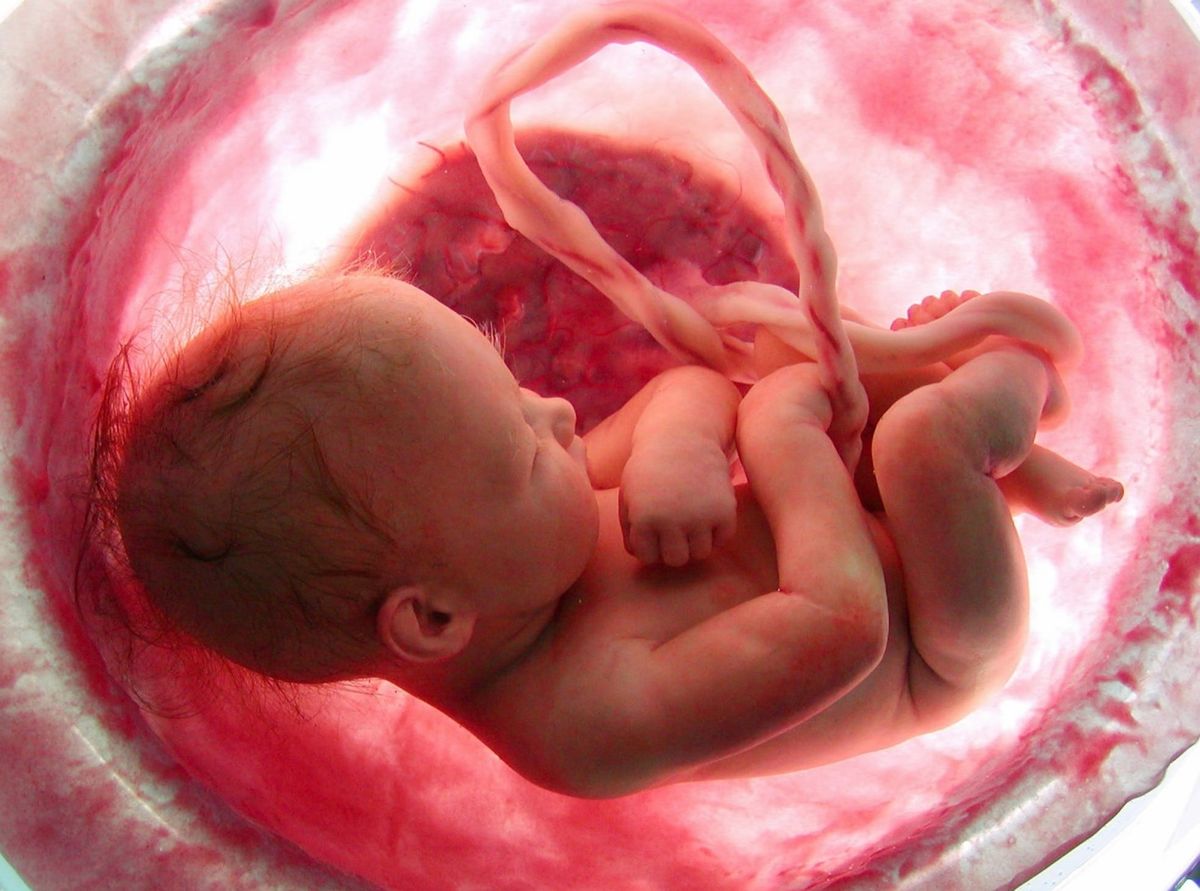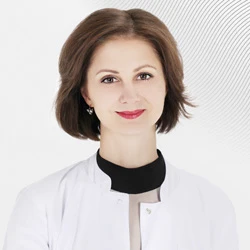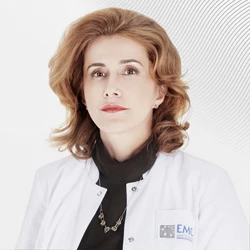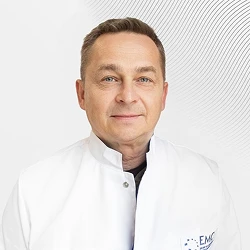Hemolytic disease of the fetus
Red blood cells, called red blood cells, contain many different antigen proteins that are encoded in each person by a specific set of genes inherited by the child from each parent. The most important classifications of human blood groups are the ABO system and the Rhesus system. Thus, a blood group is assigned based on the presence or absence of protein complexes in red blood cells, which are commonly referred to as agglutinogens A and B. The first group is characterized by the absence of agglutinogens. It is designated O or I. The second is the presence of only agglutinogens A (A or II). The third is the presence of only agglutinogens B (B or III). The fourth contains both agglutinogens A and agglutinogens B (AB or IV). The inheritance of the ABO blood group occurs according to the codominant recessive type, which means the following: if a child has inherited one dominant gene from his parents, then his signs will appear, if two dominant genes, then signs of both genes will appear, if the dominant gene is missing, then signs of a recessive gene will appear.
The Rh factor is a complex system of antigens that is inherited by an autosomal dominant type of inheritance. A positive Rhesus is a dominant trait, a negative is a recessive trait. So, a Rhesus-positive couple can have both a Rhesus-positive and a Rhesus-negative child, and Rhesus-negative parents can only have a Rhesus-negative child. The most severe forms of fetal hemolytic disease occur with Rhesus conflict.

So how does fetal hemolytic disease develop? Let's take an example of a Rhesus conflict
During pregnancy, fetal red blood cells penetrate the placental barrier into the maternal bloodstream, while during pregnancy, the metabolism increases and becomes maximal in the 3rd trimester. When a sufficient number of Rh-positive fetal red blood cells enter the bloodstream of a Rh-negative mother, her body begins to produce class M antibodies to the Rh factor at the first meeting with them, which are severe and unable to penetrate through the placenta to the fetus. The next stage is the formation of class G antibodies in the maternal body, which are light and able to penetrate through the placenta to the fetus. Once in the fetus, antibodies destroy its red blood cells, which leads to the development of fetal hemolytic disease.
How does hemolytic fetal disease manifest itself?
The destruction of fetal red blood cells leads to the development of anemia of varying degrees, as well as to the development of fetal dropsy - excessive accumulation of fluid in the extravascular parts and cavities of the fetal body.

Diagnosis of hemolytic disease of fetus and newborn
During pregnancy, the diagnosis is made based on medical history, laboratory parameters - detection of anti-Rh antibodies in the mother's blood, fetal ultrasound (detection of various changes in both the fetus and the placenta) and Dopplerometry (an increase in blood flow velocity in the middle cerebral artery of the fetus is one of the criteria for anemia).
After birth, the neonatologist establishes the diagnosis of hemolytic disease of a newborn on the basis of examination data, laboratory examination results - the presence of anemia, increased bilirubin and positive immunological tests, as well as ultrasound data.
Treatment of fetal hemolytic disease
Severe forms of fetal hemolytic disease are treated by intrauterine vascular transfusions of donated red blood cells.
Delivery in case of hemolytic fetal disease
The term and method of delivery are determined individually, depending on the examination data and the condition of the fetus, however, in severe cases, cesarean section is the preferred method due to the reduced risk of injury and fetal hypoxia.
What are the current methods of prevention?
Prevention of hemolytic disease of the fetus and newborn is of the most important importance. When establishing pregnancy, the obstetrician-gynecologist directs the pregnant woman to determine the blood type and Rh factor. If Rh-negative blood is detected, the spouse/partner is sent to determine the Rh-affiliation. If both spouses are Rh-negative, then additional examinations and prevention are not required, since the child will inherit the Rh-negative blood type from the parents.
If the father of the unborn child has a positive Rh factor, during pregnancy the doctor sends the patient for research: regular monitoring of anti-Rh antibodies in the mother's blood, and from the 10th week a single determination of the fetal Rh factor in the mother's blood.
In the absence of Rh antibodies in the mother and Rh-positive fetal blood, according to a noninvasive test, a single intramuscular injection of antiresus immunoglobulin, which is a reliable method of prevention, is prescribed by an obstetrician-gynecologist at 28 weeks to prevent hemolytic disease.
The administration of antiresus immunoglobulin is also indicated for certain pregnancy complications and invasive procedures during pregnancy, as well as for all Rh-negative women within 72 hours after delivery in the case of the birth of a Rh-positive child.
Why the EMC
The first and only clinic in Russia, created in the image of the world's leading clinics
EMC is a multidisciplinary center offering patients a high level of medical services and a personalized approach
Worldwide recognition and awards
 Learn more
Learn more
Worldwide recognition and awards
 Certificates and licenses
Certificates and licenses
Make an appointment for a consultation
Specify your contacts and we will contact you to clarify the details
Reviews
Questions and answers
and new products of the EMC


.webp)



.webp)



.webp)
